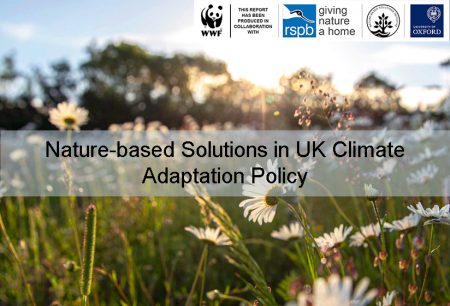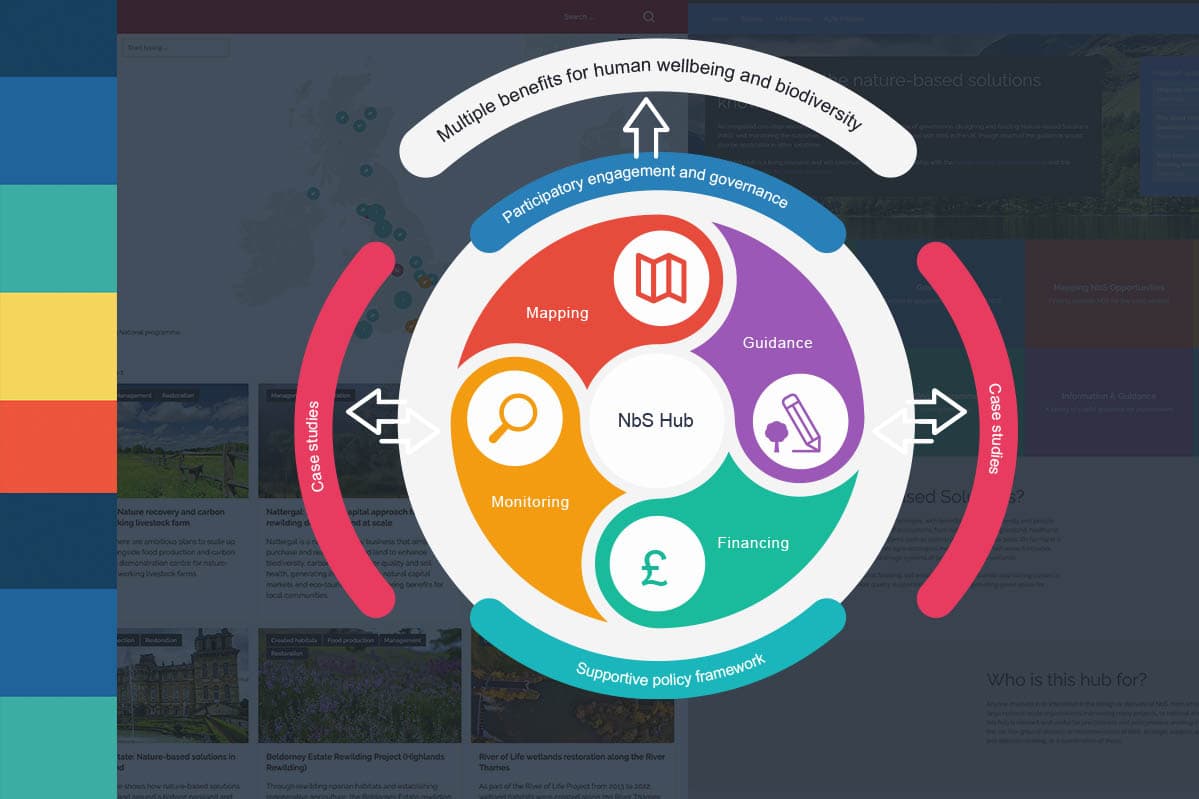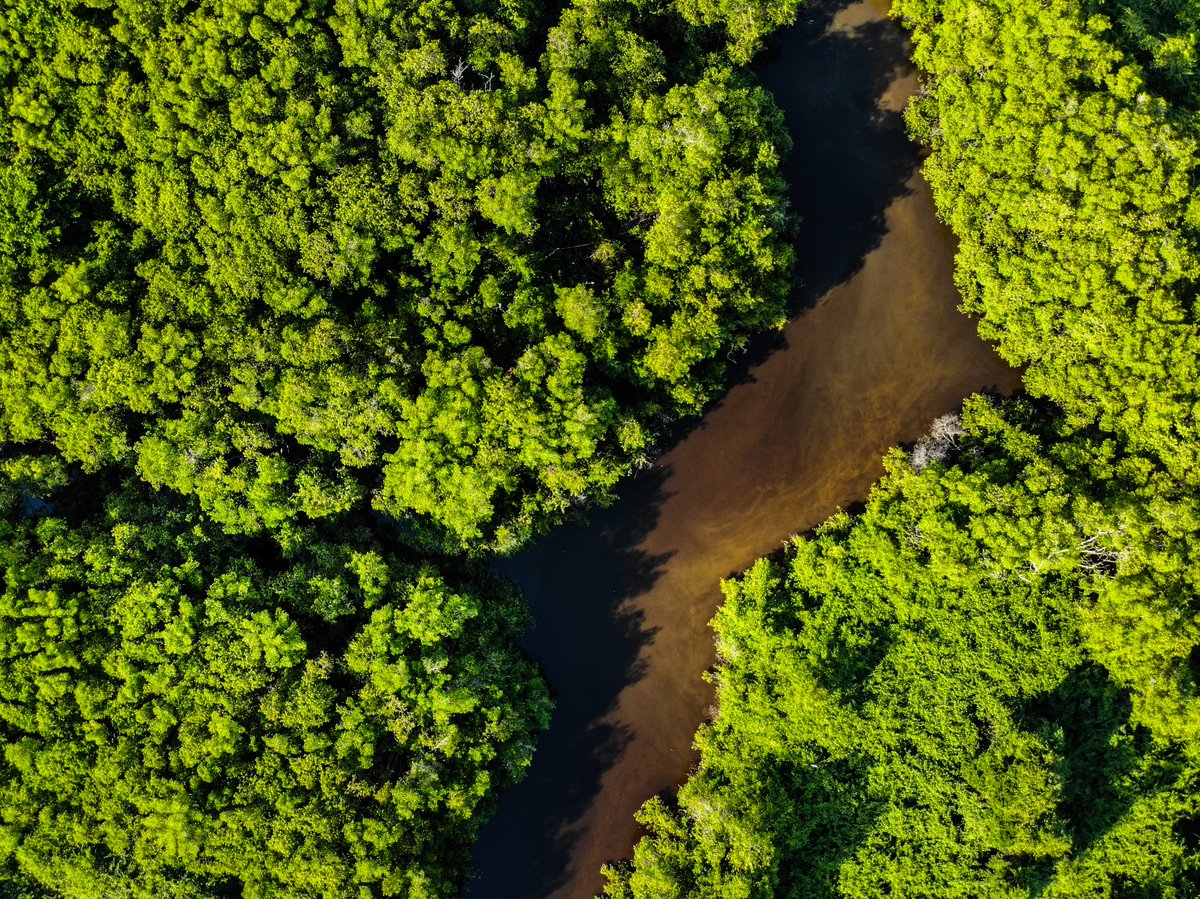NbSI-WWF-RSPB report on Nature-based Solutions in UK Climate Adaptation Policy

Our report, ‘Nature-based solutions in UK climate adaptation policy‘, commissioned by the RSPB and WWF, summarises evidence on the many ways in which Nature-based solutions (NbS) can address climate impacts in the UK, and explores the barriers and enabling factors that influence their wider uptake.
NbS can play a critical role in helping the UK to adapt to the impacts of climate change, including sea-level rise, floods, droughts and heatwaves, and our report highlights how the government could harness the potential of nature and make changes that would directly benefit the quality of life. A key strength of NbS is that they deliver multiple benefits: they tackle both the causes and effects of climate change, protecting against impacts such as floods and heatwaves, but also storing and sequestering carbon in soils and vegetation. In some cases, NbS can also enable reductions in greenhouse gas emissions from other sources, such as when green roofs and urban trees help to cool buildings and reduce the need for air conditioning, or when nature-based farming reduces the need for synthetic fertilisers. NbS can also provide attractive, nature-rich places for recreation, education, and interaction with nature, supporting human health and wellbeing, and can provide new business opportunities such as through eco-tourism. As NbS support or enhance the health and diversity of ecosystems, in contrast to engineered solutions that often have negative impacts on both climate and biodiversity, they can thus tackle both the climate and biodiversity crises while also supporting health and local economies.
Globally, there are many initiatives to protect forests and plant more trees with the aim of capturing and storing carbon, but there is much less recognition and support for the role of NbS in climate change adaptation. The report outlines how NbS can help to address 33 of the 34 risks identified in the third Climate Change Risk Assessment (CCRA3), how they can help us adapt to a 2°C warmer world, and how they can be better integrated into UK and Devolved Administration policy, including in the next round of National Adaptation Plans.
A set of nine NbS case studies featured in the report exemplify these benefits and include urban green roofs and walls, river and wetland restoration, coastal realignment, beaver reintroduction, peat bog restoration, sustainable drainage projects, planting trees on farmland, and restoring kelp forests and seagrass meadows.
The report points out the government needs to provide far more funding and support for a nature-first approach to tackling climate impacts and presents many detailed recommendations to help with scaling up high-quality and resilient NbS. Working together to implement NbS can protect, restore, connect and enhance the natural assets that underpin the resilience of our economies, health and well-being, to provide benefits for both people and nature and safeguard the quality of life for millions in the UK.
Read more in the report press release and explore the details in the full report.




